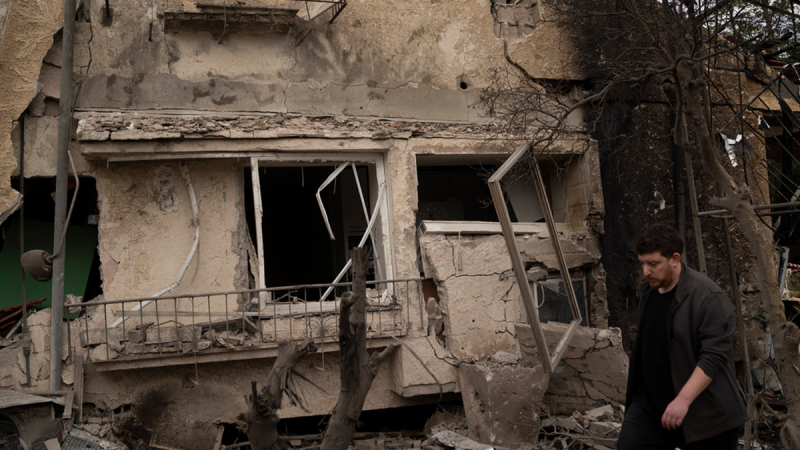Hezbollah Fires Barrage of Rockets into Israel after IDF Targets Hezbollah Command Centers in Beirut
The recent escalation of conflict between Hezbollah and Israel has once again brought tensions to the forefront in the Middle East. The exchange of hostilities began when the IDF launched airstrikes targeting Hezbollah command centers in Beirut. In retaliation, Hezbollah responded by firing a barrage of rockets into Israel, escalating the situation further.
Hezbollah, a Shiite militant group based in Lebanon, has long been a thorn in the side of Israel, with the two sides engaging in sporadic conflicts over the years. The recent airstrikes by the IDF on Hezbollah targets in Beirut mark a significant escalation in the ongoing conflict between the two adversaries.
The IDF justified its actions by claiming that the airstrikes were necessary to prevent Hezbollah from carrying out attacks against Israeli targets. The IDF also accused Hezbollah of using civilian infrastructure as cover for its military activities, a tactic that has been condemned by the international community.
Hezbollah’s retaliatory rocket attacks on Israel have raised concerns about the potential for further escalation and the risk of a wider conflict in the region. Israel has responded by launching counterattacks on Hezbollah positions in Lebanon, further exacerbating the situation.
The conflict between Hezbollah and Israel is rooted in a complex web of regional rivalries and geopolitical dynamics. Hezbollah, backed by Iran, sees itself as a key player in the resistance against Israel and the West. Israel, on the other hand, views Hezbollah as a terrorist organization and a threat to its security.
The latest round of hostilities between Hezbollah and Israel highlights the volatile nature of the region and the challenges of finding a lasting solution to the conflict. The international community has called for restraint and de-escalation, but the deep-seated animosities between Hezbollah and Israel make a peaceful resolution seem elusive.
As the situation continues to unfold, it is crucial for all parties involved to exercise restraint and prioritize dialogue over violence. The cycle of retaliation and counter-retaliation only serves to deepen the conflict and prolong the suffering of innocent civilians caught in the crossfire.
In conclusion, the recent exchange of hostilities between Hezbollah and Israel underscores the need for a comprehensive and sustainable solution to the conflict. Both sides must be willing to engage in meaningful dialogue and compromise in order to achieve lasting peace and stability in the region. Failure to do so will only lead to further violence and instability, with devastating consequences for all involved.
